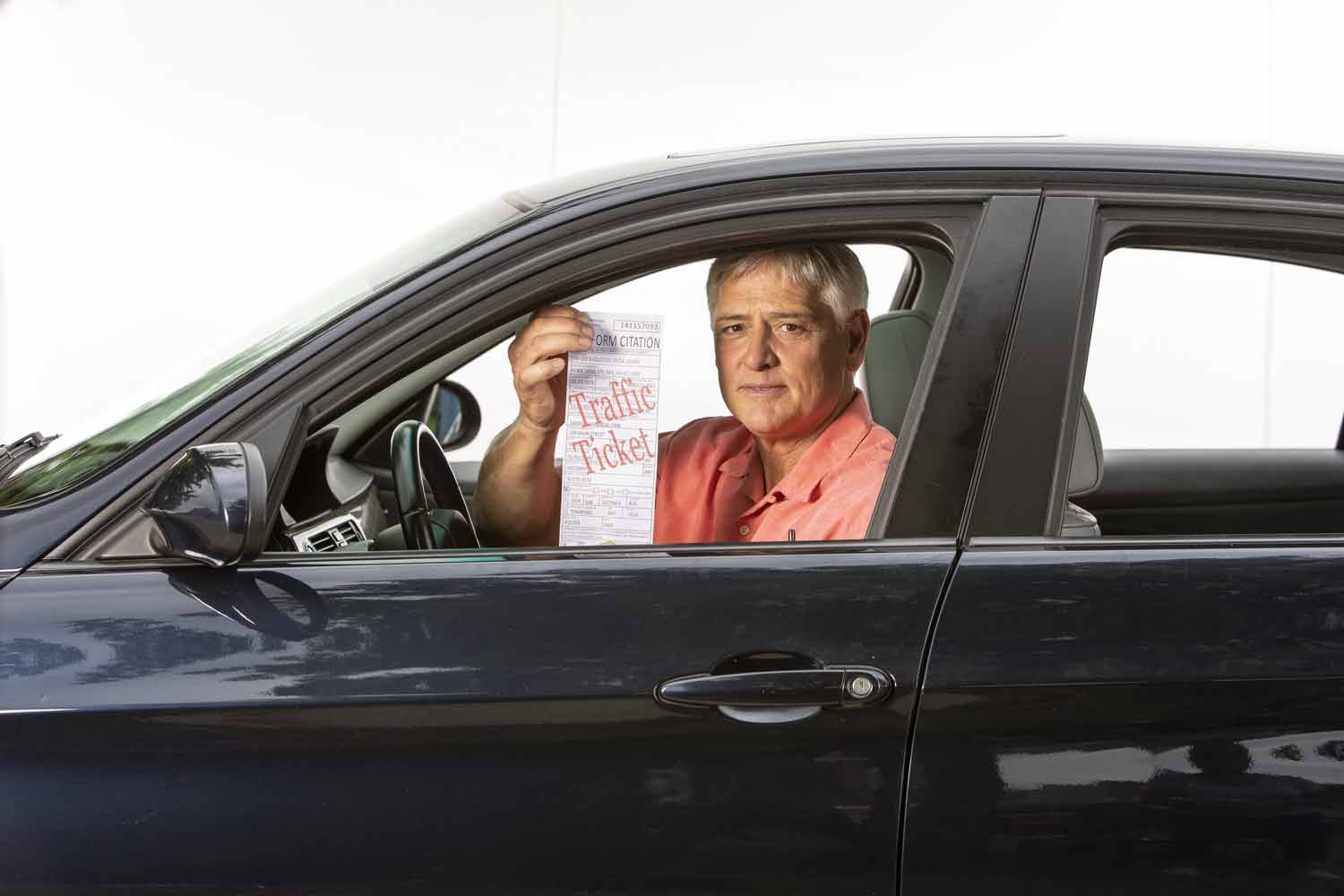
Is there someone in your life (such as a parent, grandparent, or even spouse) who you are worried about behind the wheel? Driving is a skill that many people have been doing for so long that they don’t even really think about it anymore. This can be dangerous as drivers get older and may start facing health problems. Alzheimer’s Awareness is important for drivers who may be affected by the disease, as well as their loved ones who may recognize the signs before they do themselves. Dementia is a heartbreaking thing to witness in those we love, and while it affects everyone differently, it can be very dangerous when mixed with driving. Sometimes a loved one can spot the warning signs before they are caught by a doctor. Here are three things that may be a sign it’s time for your loved one to stop driving on their own:
1. Tickets, unexplained vehicle damage, or collisions

If your loved one has never gotten a ticket in their life, and suddenly is getting one every week, that might be a sign something is wrong. There could be some unexplained damage to their vehicle from hitting a curb or sideswiping another vehicle in a parking lot, or even more serious collisions. While these things on their own may not be a cause for concern, increased instances of vehicle damage could be an indicator that it’s time to step in.
2. Short trips take a long time to complete.
If it is taking your loved one two hours to drive to the drug store and back when it should only take twenty minutes and they cannot explain why, it could be a sign that they are getting confused or even lost while out on the road. Distractions can also be a problem, and people with Alzheimer’s disease or other dementia symptoms can experience slowed reaction times. Having slower reaction times is incredibly dangerous when mixed with driving as it can prevent drivers from appropriately reacting to hazards on the road.
3. They are having trouble controlling their emotions.
Changes in mood and personality are a common symptom in those who live with Alzheimer’s. Abrupt mood changes, especially bouts of anger and aggression, can cause problems behind the wheel. If your loved one has been experiencing big mood swings or rage, they may be more prone to road rage when driving. Road rage is a danger to themselves and other roadway users.
How to Help
If you notice the above traits or other warning signs in a loved one, it’s time to act. It can be a difficult conversation to start, but an important one. Driving is often associated with freedom, and the loss of driving privileges is never easy, but the safety of your loved one is what’s most important. It’s normal to feel uneasy about broaching this topic. Ask for support from your health care provider and take the necessary steps to get the care your loved one needs and deserves. The sooner Alzheimer’s is detected, the better.
Is there someone in your life (such as a parent, grandparent, or even spouse) who you are worried about behind the wheel? Driving is a skill that many people have been doing for so long that they don’t even really think about it anymore. This can be dangerous as drivers get older and may start facing health problems. Alzheimer’s Awareness is important for drivers who may be affected by the disease, as well as their loved ones who may recognize the signs before they do themselves. Dementia is a heartbreaking thing to witness in those we love, and while it affects everyone differently, it can be very dangerous when mixed with driving. Sometimes a loved one can spot the warning signs before they are caught by a doctor.